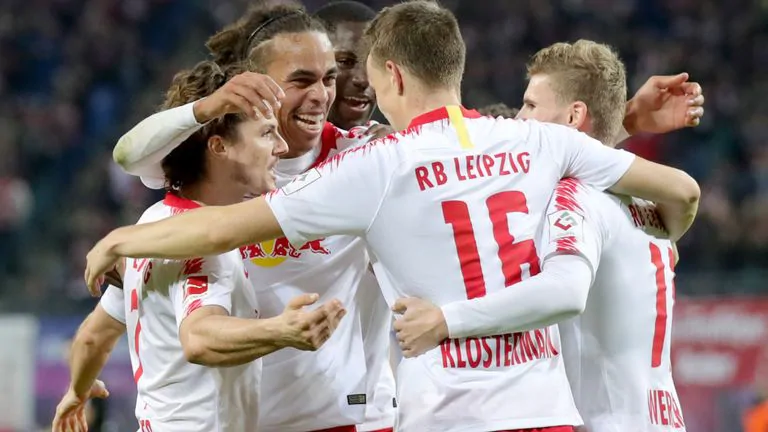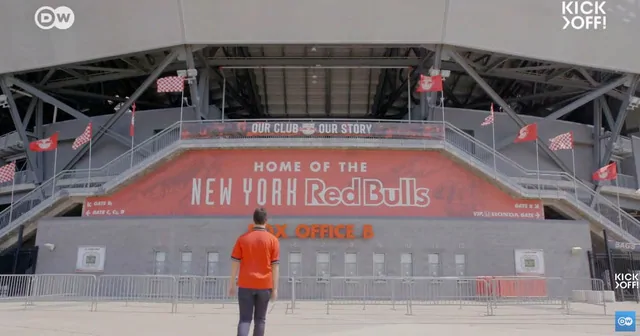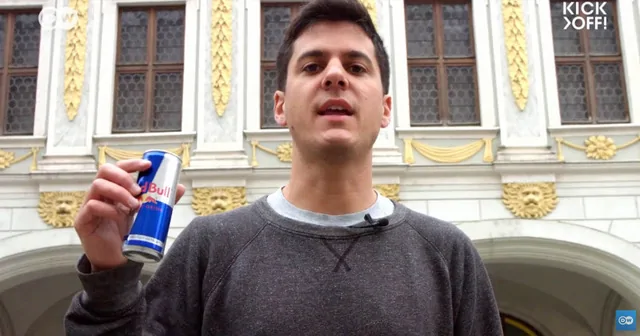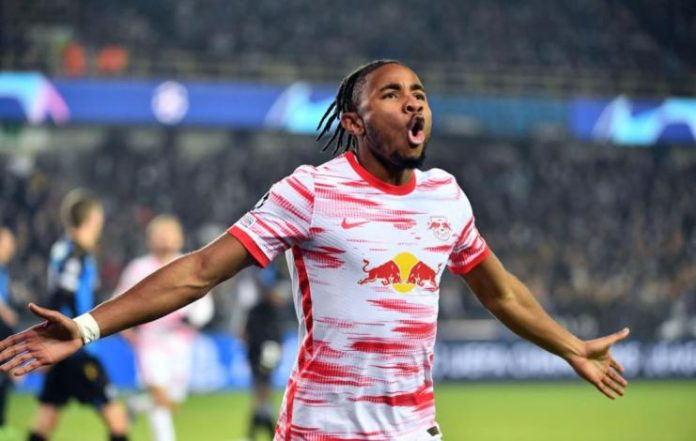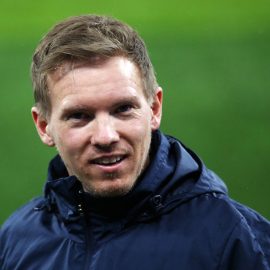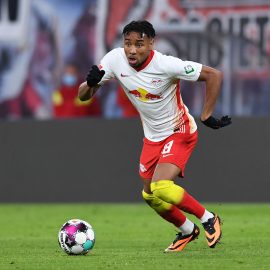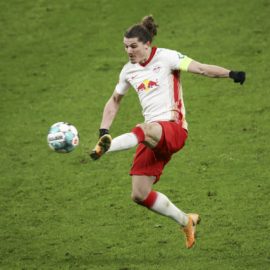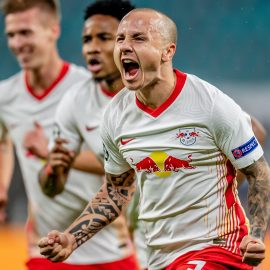It is fair to say that Red Bull’s involvement in professional football has not met with universal approval, but whether such negativity is justified is open to debate.
The company currently owns clubs in Germany, Austria, United States and Brazil, yet many fans view this continuing growth with huge suspicion.
Their initial move into Austria – Red Bull owner Dietrich Mateschitz’s homeland – created major discontent. Fans of the original Austria Salzburg, who Red Bull took over in 2005, quickly formed another club in an attempt to retain their heritage.
However, that hasn’t stopped RB Salzburg being successful, with the club winning the Austrian Bundesliga nine times since the takeover.
A focus on developing younger talent has flown in the face of the ‘big-money’ perception of the club, with the likes of Naby Keita and Sadio Mane making their mark there before being sold on for a significant profit.
Things ran a little more smoothly in New York, largely due to the fact that North American sports fans are more accustomed to the involvement of corporate brands with their teams.
Despite this, some fans of the New York Metrostars were unhappy to lose their club’s identity when Red Bull took over.
DW Sports’ reporter Dave Branneck lives and works in Berlin, but has been a fan of the New York Metrostars for most of his life.
He went on a journey from New York to Leipzig to find out what it means to himself and other fans, whose clubs have become part of a multi-billion dollar brand and lost their identity.
Subscribe to the DW Kick off! channel for more great football stories from around the world.
“That sweet, sweet soda money brought in star players like Thierry Henry, Juan Pablo Angel, Tim Cahill and Rafa Marquez,” he said.
“Red Bull were one of the league’s biggest spenders and fans certainly took notice, but I’ll hold onto my old jerseys and keep calling them Metro. As much as I hate modern football and what it’s done to my club, I just can’t give it up.”
Red Bull Brasil’s rise up the ranks in South America has created less of a fuss, a fact in stark contrast to RB Leipzig’s rapid climb into the upper echelons of Germany’s Bundesliga.
VfB Leipzig’s demise from Cup Winners’ Cup finalists in 1987 to eventual bankruptcy in the country’s regional divisions created a huge void in the football-mad city.
Red Bull’s acquisition of the license of nearby SSV Markranstadt gave them a foothold in the German football pyramid in the fifth tier, but the subsequent rebranding angered fans at many other clubs.
Germany prides itself in protecting supporters from unscrupulous commercial owners and Red Bull’s involvement in Leipzig has been heavily criticised. Borussia Dortmund fan, Jan-Henrik Gruszecki, organised a protest against them last season.
“What is happening in Leipzig has nothing to do with football,” he told ft.com. “They are an absolute perversion – a football-playing marketing construct. Other clubs play football to earn money.
“With RB, the money was there first, and then came the football. For them, football is a means to an end and nothing else. They are a threat to football, and they will open the door for worse.”
Despite the protests of Gruszecki and many others, Red Bull’s involvement in football can certainly be argued to be a good thing.
Putting aside how they have engineered their way into the game, they have created a stable environment in which young players can flourish and progress.
Fans of badly run English outfits like Blackpool and Charlton Athletic would probably jump at the chance for the Red Bull model to be implemented at their clubs.
Don’t be surprised to see it happen further down the line.
Add Sportslens to your Google News Feed!
